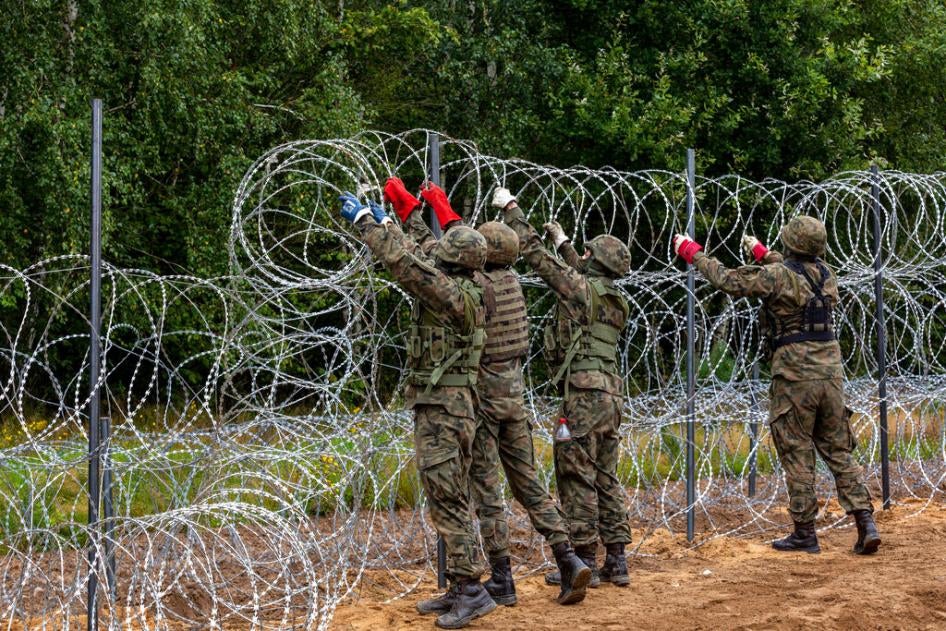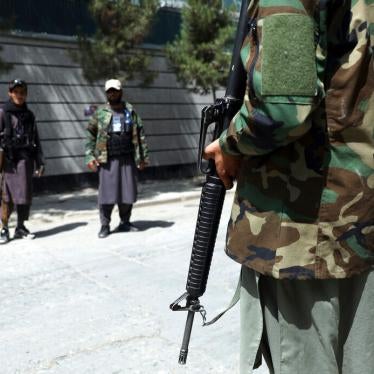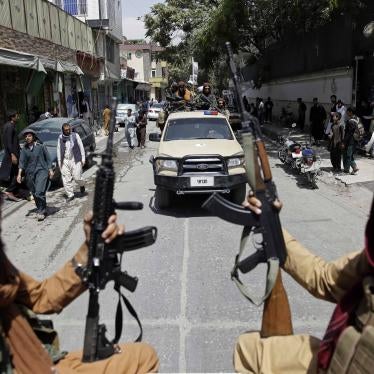Instead of showing leadership and compassion for people fleeing Taliban rule in Afghanistan, European Union leaders seem bent on a monstrous PR campaign to tell Afghans (and European voters) that those fleeing Afghanistan should not even think about finding safe haven in Europe.
At an August 31 meeting of EU interior ministers, representatives from Austria, Denmark, and the Czech Republic literally said the “most important message to send” to Afghans is “to stay there, and we will support the region to help you.” And Germany’s interior minister Horst Seehofer warned against concrete pledges to resettle Afghan refugees because it could encourage more people to come, and “we don’t want that.”
Instead, the EU wants to support countries neighboring Afghanistan – as they have done with Turkey over Syrian refugees – thus dodging what should be a shared responsibility for refugees, outsourcing border controls, and giving other countries incentives to instrumentalize migration for political gain.
The meeting’s final statement couldn’t be more blunt: “Incentives to illegal migration should be avoided.” The word choices feel deliberate, with all the references to “illegal migration,” “unauthorized entries,” and security concerns but not to the legitimate exercise of the right to seek asylum. Among the few concrete measures mentioned are “targeted information campaigns” to discourage refugees from attempting to reach Europe. The statement never acknowledges obligations of international protection when people face persecution and similar serious threats to their rights.
Already, individual EU states are matching their hostile rhetoric with harmful action. Poland has trapped a group of 32 Afghans at its border with Belarus, refusing to allow them in to apply for asylum. Croatia is pushing Afghans back into Bosnia. Greece finished building a 40-kilometer (25 mile) wall on its border with Turkey.
Generous resettlement pledges, humanitarian and other visas, and family reunification would be the most humane ways to ensure people most at-risk could receive protection without having to engage in dangerous journeys to safety. EU leaders should also respect and guarantee the rights of Afghans who reach the EU on their own initiative to apply for asylum.
And above all, EU leaders should demonstrate and communicate respect, understanding, and solidarity, not fear, when talking about Afghan refugees.










